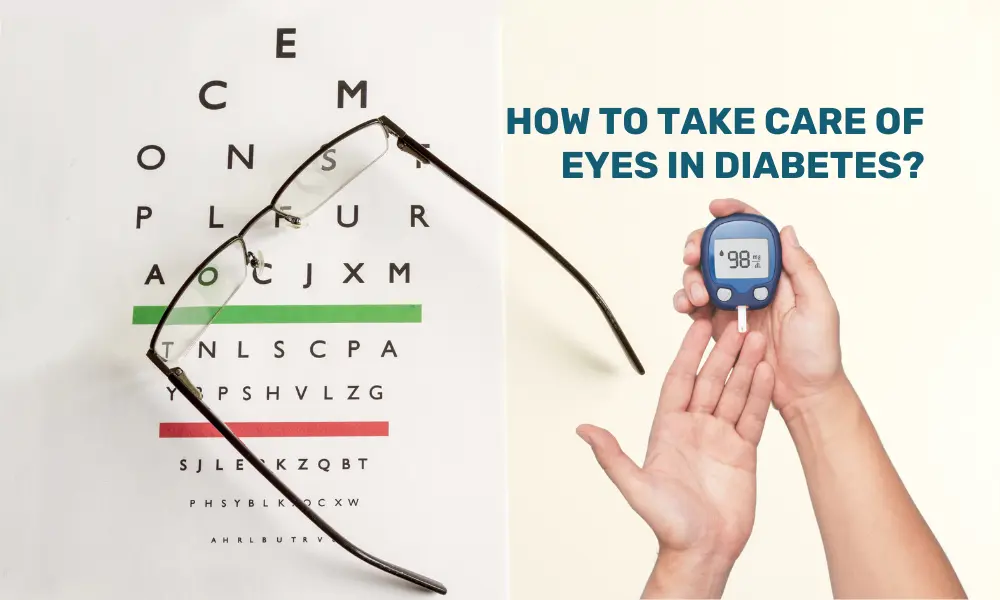Vitamin D helps our body fight infections and supports bone health and immunity. Our body produces vitamin D as a response to exposure to the sun.
Table of Contents:
-
Impact of winter on Vitamin D Levels
-
Why is Vitamin D important for us?
-
Who is prone to vitamin D deficiency?
-
Ways to ensure sufficient Vitamin D in winters
Impact of winter on Vitamin D Levels
Although vitamin D can be obtained in various ways, most of it is created by the body when UVB rays from the sun are absorbed. Winter time makes it harder to receive enough vitamin D because of the shorter days. In addition to supporting vital processes like immunity, vitamin D helps keep the heart, brain, and bones healthy. Interestingly, many of us don’t receive enough vitamin D in winter. This is because ultraviolet radiation that enters our body through our skin is prevented by piles of woollen clothes to protect ourselves from the cold. Therefore, in winter, our vitamin D levels may be lowered.
Why is Vitamin D important for us?
Our body is kept healthy by vitamin D in several ways. Vitamin D is necessary for the proper functioning of bones, muscles, and nerves. It also strengthens and supports our immune system. In addition to consuming certain foods, exposure to sunlight is the most significant way to obtain vitamin D.
Who is prone to vitamin D deficiency?
Low vitamin D is more common in the following populations:
-
Obese individuals
-
Senior citizens
-
Individuals who have had gastric bypass surgery
-
Individuals suffering from various ailments such as Hypothyroidism, Crohn’s disease, cystic fibrosis, liver illness, and celiac disease.
Ways to ensure sufficient Vitamin D in winters
-
Eat Vitamin D-rich food: Vitamin D content in several fish and seafood varieties is naturally high. Salmon, halibut, tilapia, tuna, cod, sardines, haddock, shrimp, and scallops are a few of these. Moreover, meat, eggs, and cod liver oil are excellent providers of vitamin D. The finest natural alternative of vitamin D for vegans and vegetarians is mushrooms. But, for mushrooms to make vitamin D, they must be exposed to the sun, too. So, one must leave mushrooms near a window or other area to receive natural sunlight.
-
Use an Ultraviolet (UVB) Lamp: UVB light, which the sun emits, is absorbed by our skin through a substance called 7-DHC, which triggers the body to start producing vitamin D. Utilizing the same kind of light as the sun, a UVB lamp allows us to take advantage of the warmth of a sunny summer day even when we are indoors. Some LED lights at particular wavelength are more effective than the sun at promoting vitamin D creation in the skin!
-
Consider a Vitamin D supplement: The best ways to obtain vitamin D are sunshine and a healthy diet. However, supplements can also be helpful. Consultation with a physician is usually a good idea before starting any new supplement regimen. One must take these supplements as per the doctor’s advice only.
-
Take in some fresh air: During winter months, the low temperature and the angle of the sun make it more difficult to receive enough vitamin D from sun exposure, but every bit helps. One must try to go for a stroll outside every day, if possible. Walking a few times a week, even just 20 minutes in the sun, can impact your vitamin D levels and overall weight.
Vitamin D deficiency is harmful to our overall health. Therefore, one must ensure that enough vitamin D is obtained through the above ways.





